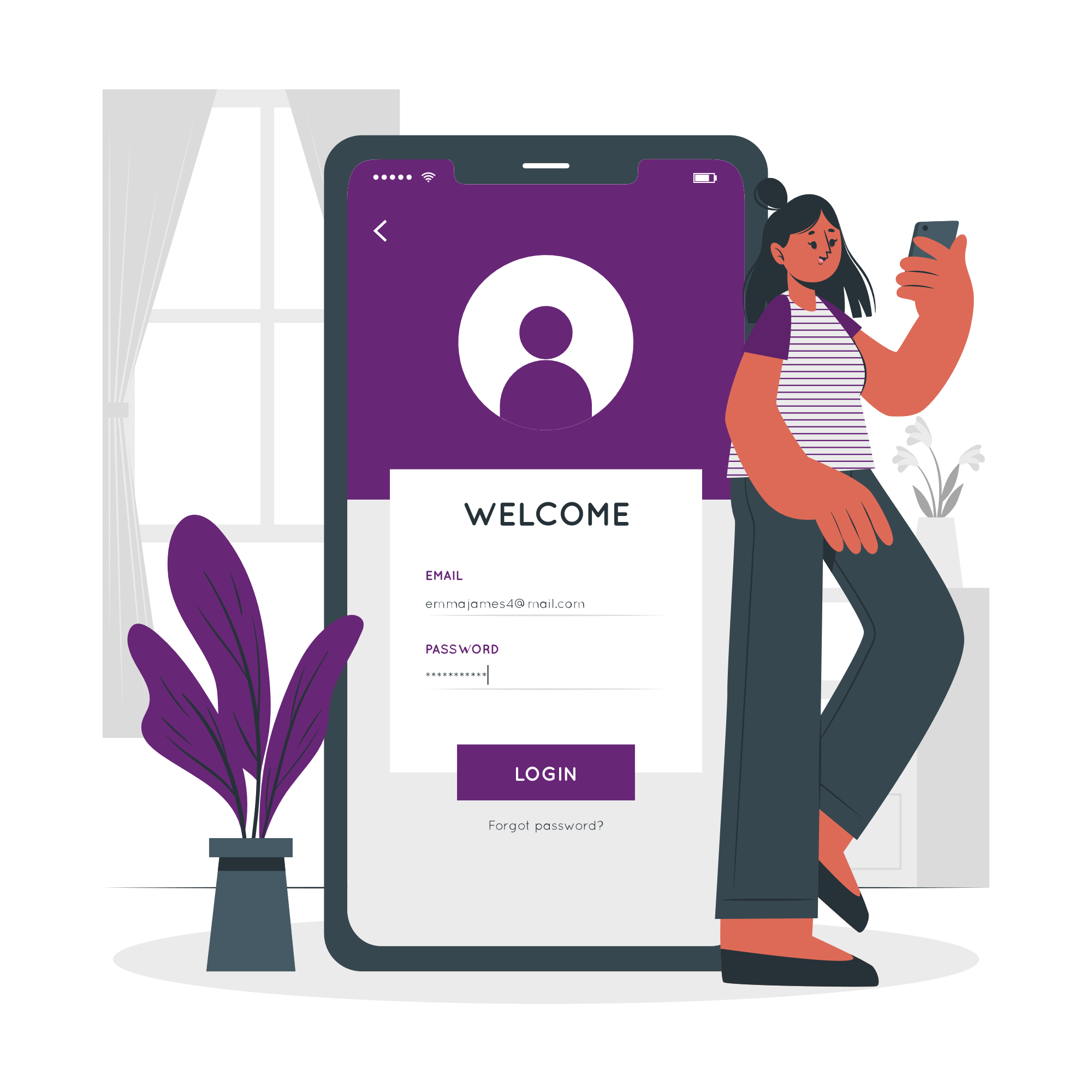As technology becomes an increasingly important part of business it’s vital for accountants to keep their software and accounting systems up to date. We’ve put together a guide on iXBRL, one of the most significant additions to the modern accounting process, to help you ensure you provide your clients with the most comprehensive and advanced service possible.
XBRL vs. iXBRL
Extensible Business Reporting Language (XBRL) is an open technology specifically designed to apply computer-readable tags and coding to business data. This process boosts efficiency, making it possible for data such as financial accounts to be analysed, which is why it has been adopted as the favoured format by a number of financial institutions.
XBRL has been used for filing financial accounts in Britain for many years, and so far Companies House has accepted hundreds of thousands of XBRL abbreviated accounts already. There are other systems available, each of which applies its own readable tags to financial data. However, XBRL is an international standard developed by not-for-profit XBRL International Inc, providing firms around the world with a world-wide standard based on agreed upon basic specifications. The language can even be adapted to individual countries to ensure the tags used reflect the terminology used in that region.
What is iXBRL?
The XBRL format regularly used in the UK for financial reporting is referred to as Inline XBRL, or iXBRL. iXBRL format documents still contain all the required financial tags and coding, but these mark-ups remain hidden to ensure all documents appear the same as their paper copy. By converting your clients’ financial accounts into iXBRL, you can ensure they meet the requirements of both HMRC and Companies House while remaining visibly unchanged.
UK government legislation means that most companies in Britain are required to file their Company Tax Returns and financial accounts in iXBRL as of April 2011. This was launched in line with a join filing service, which allows businesses to file their company accounts to both HMRC and Companies House simultaneously.
This streamlined service is now integrated into most accounts production software such as Capium’s accounts software, which makes it possible to create HTML financial documents that are automatically transformed into iXBRL and sent to both Companies House and HMRC in one click.
What are the benefits of iXBRL?
The main benefit of general XBRL is that the format is designed to automate the processing of complex business information using HMRC iXBRL software such as Capium’s Corporation Tax tool. As mentioned above, software such as this is specifically designed to meet the latest compliance standards for both HMRC and Companies House, and even offers pre-validation checks to allow easy and stress-free online submission.
Another benefit of iXBRL is the speed with which is allows businesses and accountants to complete and file financial reports. The use of iXBRL tagging means it’s possible to automate the processing of business information using computer software and online tools, which removes the need for manual re-entry and comparison of financial data from separate sources. In fact, when making use of the right software, businesses and accountants can use iXBRL tagging to find, analyse and exchange data with other sources, before presenting it in a way that is readable to humans.
Inline XBRL also reduces the chances of error by allowing automatic and manual checking of information. The readable form makes it possible for accountants to send their financial information over to the client to check before it is submitted to HMRC or Companies House. Meanwhile, the iXBRL tagging and formatting allows the computer to recognise the embedded information and check it against other areas of the system to ensure no errors have been made. With Capium’s accounting software this means users can link book
The ability of iXBRL formatting to allow easy data checking also highlights another advantage, which is the option to upgrade systems and automate internal processes. With Capium’s accounting software this means accountants and businesses can link a number if disparate systems to aid with the management of financial data and ensure fast reporting. Systems that can be linked include payroll, bookkeeping and tax calculations, which can then provide a single report for HMRC and Companies House.
How does iXBRL impact accounting practices?
If your accounting practice already has an established system in place to deal with clients’ accounts, the idea of introducing iXBRL tagging into your operations could be daunting. However, if implemented correctly, the use of iXBRL could provide more pros than cons in the long term. Below we explore how iXBRL could affect different types of accounting practices.
Manual accounts
If you rely on manual accounting methods then iXRBL is likely to have more of an impact on your business than it would on those with digital and online accounting methods. If you only handle accounts for small businesses you could potentially continue with your current system and simply take advantage of HMRCs free online Corporation Tax service, which makes it possible to create specially formatted accounts to deliver to their system and that of Companies House. The joint filing service is also an option, allowing accountants of small firms to input data just once for both organisations. However, if you deal with larger firms or your financial reports contain data not recognised by HMRCs systems then you may have to consider an alternative route.
Online accounts
If you’re working with larger companies via online accounts production software then implementing iXBRL tagging and formatting should be simple. Most online tax software will have iXBRL formatting included in their reporting options, so you can create all accounts in this format rather than having to convert your reports at a later date. Thanks to the readable displaying of iXBRL accounts, this process will not impact on the ability of your clients to check your accounts reports before they are filed, so preventing any impact on the speed of your accounting operations.
Multiple systems
Many accounting practices still reply on multiple systems to produce accounts for their clients, even if they manage a number of large forms. Common tools including Excel and other spreadsheet software, which offers easy data input with few frills. Unfortunately, the need to convert data into iXBRL renders the use of such programmes far more complex than it would have been before XBRL formatting was introduced.
One option is to install conversion software or outsource conversion of this data to a third party, but both of these methods would require the addition of another process to your accounting system. Thankfully, many online accounting systems can be easily integrated into your practice and can be used to take over all data analysis and reporting from multiple sources. This will allow all of your data to be handled in one place and will provide instant iXBRL formatting to prevent the need for conversion at a later date.
A note on responsibility
According to HMRC, it is the company’s responsibility to ensure that they file their tax in iXBRL format. As an accountant, it’s likely your clients will pass this responsibility down to you and request that you ensure all software and processes used provide HMRC and Companies House with correctly formatted data. Online accounts production software such as Capium’s Accounts tool can help this process, providing software that is guaranteed to be HMRC and Companies House compliant so you can rest assured that your clients are meeting their responsibilities.
How do you convert to iXBRL?
If you’ve made the decision to move your accounting processes over to one online accounts production system but are yet to make changes, you may be concerned about where to begin. Thankfully, the advanced nature of many accounting tools means converting to software capable of transforming documents into iXBRL format should be quick and easy. Software such as Capium’s Accountant tools will allow easy importing from any other accounting system so you can begin generating accounts immediately. You can then integrate all the processes you manage on behalf of your clients’ to make the production of iXBRL-formatted documents almost instantaneous.
Once this transfer is complete you will be able to offer your clients a number of additional benefits that will transform your service. In particular, the speed with which you can produce client accounts and manage individual reports such as payroll will allow your businesses almost instant access for peace of mind.
The use of advanced software also makes it easy for accounting practices to handle a wide variety of client types, from sole traders and limited companies to partnerships and LLPs. Each module of the Capium system, for example, can be customised from conception to final reporting to allow tailored analysis and reporting for each client.
Moving forward
Of course, it’s likely that HMRC and Companies House compliance standards will change in the future as legislation is adapted to modern business. This is particularly true in the coming years as businesses and accountants brace for the impact of Brexit on their operations.
Thankfully, this is where online accounts production software can once more prove itself cost effective. While accountants reliant on manual processes will need to update their system each and every time financial legislation is altered, those using advanced software such as Capium can simply continue as normal knowing that all the latest compliance standards will be added to their tools as and when they come into effect. Instead, accountants can focus on doing what they do best: providing their clients with accurate and stress-free financial reporting.
To find out more about the accounting tools offered by Capium call our support line on 020 3322 5578 or visit our website to book a demo.









1 Comment